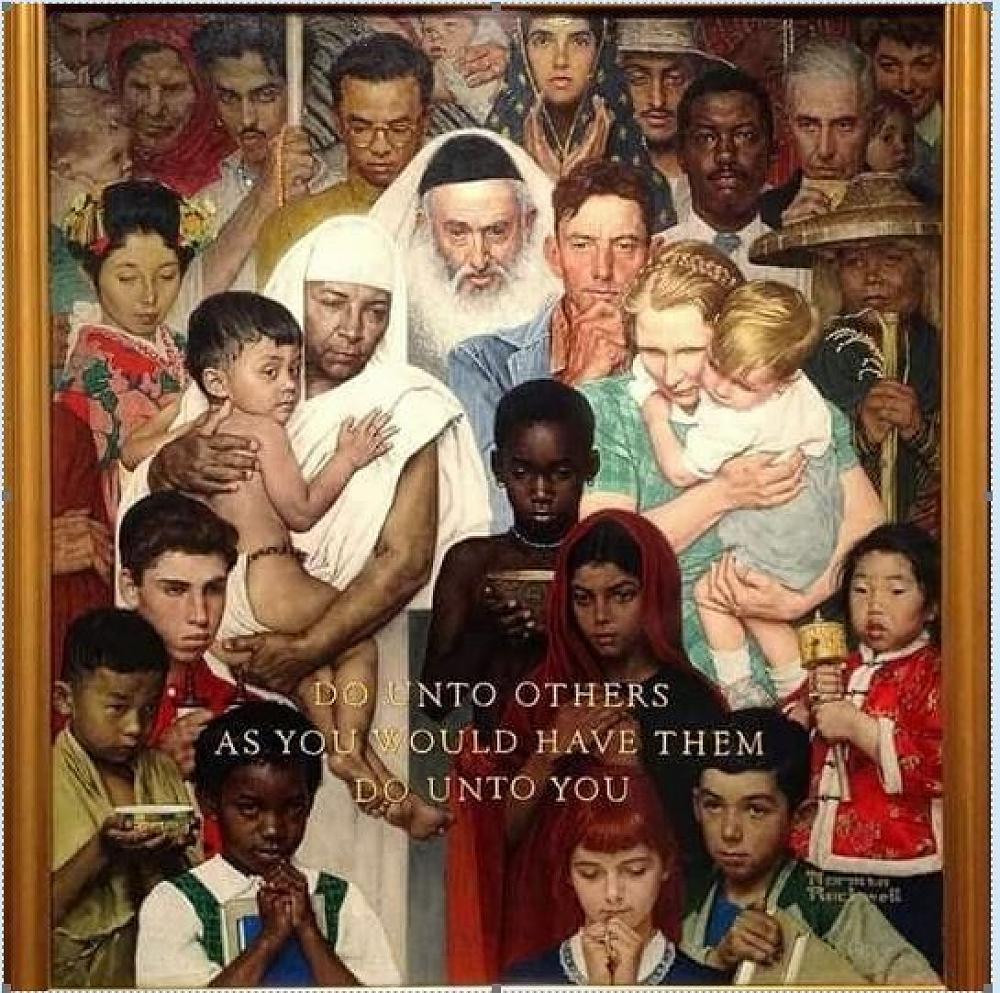
Soul Doctors
Recently we distributed the Interchurch Hospital Chaplaincy newsletter to all Clergy by email, and there was a reference in it to an older newspaper article worth sharing.
In 2004, the NZ Herald ran an article entitled “The soul doctor” – you can find it HERE. The article recalls a day in the life of one of the then Chaplains at Auckland Hospital, Rev Dr Michael John who was shadowed by a journalist for a day of “care and prayer, of getting better and letting go”. Michael explained while there are the routine daily tasks "much of the work here is knee-jerk … ministry happens as we go... It even happens in the lifts and corridors", as Chaplains respond to the needs of patients, their families and staff who seek prayer, counsel, to be heard, or perhaps even assistance with funeral arrangements. He explained that Chaplains “help people through transitions – from heath to illness or vice versa - helping to heal the spirit even if the body is failing, and to help people to come to terms or be reconciled with family, God, their illness or death”.
The article outlines how the work Chaplains do, mirrored society at the time as they predominantly worked with those who identified in some way with the Christian faith. However, he emphasised that Chaplains also served Muslims, Baha'i, Atheists, Buddhists, Hindu, Sikh – all people regardless of their beliefs. This also meant if a patient asked for support from someone within their own cultural, ethnical or religious community, then the job of the Chaplain was to draw from an extensive list of people from different traditions that the hospital’s Chaplaincy office held on file.
The article lists a typical days’ activity for a Chaplain. The script reads "In critical care with family, bless room after death, email document on spirituality, bless bed, interview clinical pastoral education student, help lost Tongan visitors, acute-assessing unit referral by relative, track down two patients, staff discussion about patient, help lady in chapel, visit patient, bless room in ER, help three critical care staff with trauma, talk with an elderly patient about grief issues, pray with patient, another visitor talk, lunch ... "
Please continue to remember in your prayers all hospital chaplains (Anglicans well represented among them!) who continue to bring God's presence in hospitals and other settings.
Gallery


